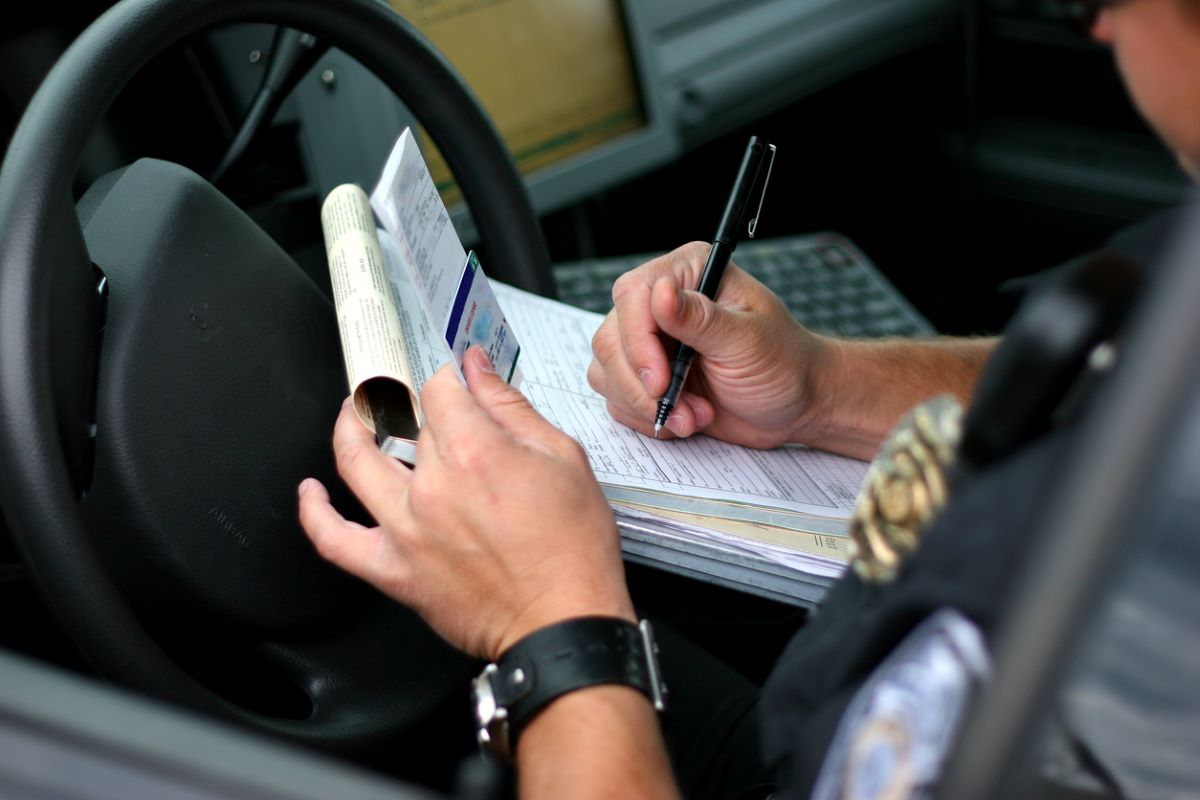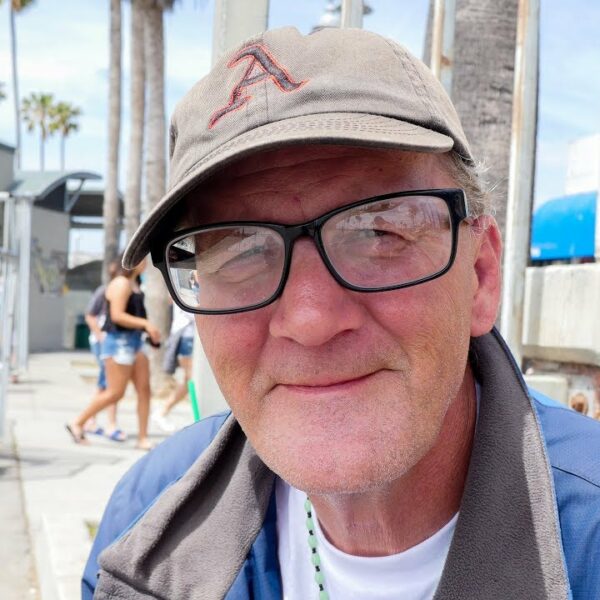In Milwaukee, Police Direct Homeless People to Park in Commuter Lots Then Ticket Them
Homelessness is a byproduct of our failed legal system, among other systems. Below is an example of how quickly following a police officer’s advice can lead a homeless person down the most destructive path possible. Given the gravity of the situation, we must again ask who our unhoused neighbors should turn to in times of need and despair.
The idea that law enforcement officials are around to aid people in emergencies follows us from childhood into adulthood, even if subliminally. It stems from years of grade school teachings that tell us to dial 911 when trouble lurks or to seek out the nearest police officer if we wander away from our parents and get lost.
But what if we extend our problems to police officers for solutions to our own detriment? What if following a law enforcement official’s direction meant making the situation worse rather than better? What if such an action could even land you in jail?
If you’re a homeless person living unsheltered in the United States, that is precisely what could happen if you follow police instructions.
Police Officers Are Following Instructions Too, and They Are Instructed to Arrest People for Being Homeless
It is a crime to be homeless in almost every single state across the country. In some states, being visibly homeless on public land is even considered a felony.
We recently talked with Hunger Task Force’s Milwaukee-based CEO, Sherrie Tussler, and conducted an exclusive Invisible People interview about the current criminalization of the homelessness crisis. We discussed whether the phenomenon was intentionally malicious or just negligently harmful.
Ultimately, it was determined that it doesn’t matter whether it is malice or miscommunication because the general result is the same either way – a miscarriage of justice directed at the homeless community.
Sherrie, who possesses decades of experience working with government agencies to end or reduce homelessness, mentioned that police in her area had been directing homeless people to camp in parking lots for commuters. Then, when the overnight restrictions for those lots went into effect, the police officers would ticket the homeless people who followed their instructions. It is unclear whether this is poor communication on behalf of the police teams involved or a cruel and orchestrated example of extreme homeless criminalization.
“It happened early in December here in Milwaukee,” said Sherrie. “Our sheriff’s department, which governs our freeway system and our county parks, has been directing people who are sleeping in cars to park in the park and rides. These are parking lots designated for commuters.”
“One place was in a residential area, but it got pretty cramped up with all the cars from people experiencing vehicular homelessness. Then the police department part of the city of Milwaukee arrived promptly on December 1st when our overnight parking restrictions went into effect, and they ticketed everyone for parking in the park and ride.”
“Well, the sheriff directed them to the city’s police department and ticketed them,” she continued. “So, overnight, there was all this drama about what’s going to happen to these homeless people who live in their cars and need their cars to survive.”
“Initially, they were planning to tow all their vehicles,” Sherrie said, “but that plan got a lot of media coverage locally from the people living there saying, ‘We’re kind of comfortable here, and this is a safe place for us.’ Plus, there was no shelter space available.”
“In the end, the police department brushed the incident off and wrote off all the tickets. So, there’s still, I don’t know, probably 50 or more people camped there right now.”
The Broader Plan to Push Homeless People into Prison Cells and Destroy Their Property Persists
This is but one example of an elongated list of incidents where police officers did not help homeless people. Instead, they pointed them toward perhaps a more perilous plight.
Indeed, police officers are merely doing their jobs. However, it seems their job is not to help homeless people.
In places where anti-homeless legislation (laws that make it illegal for unhoused residents to engage in life-sustaining activities publicly) exists, the police officer’s job is often to haul homeless people off to prison, destroy whatever is left of their identifying documents and personal property, and then charge taxpayers an astonishing average of $42,672 per inmate per year for that stay.
If you believe they are not acting in the general public’s best interest, then the key is to change the legal system by promoting non-punitive solutions to the homeless and housing crisis. Pointing fingers is an exercise in futility that will only lead us further away from the path to housing.
Talk to Your Legislators About Drafting Laws that Work in Favor of Public Interests
Homeless people are vastly overrepresented in the prison system. Many of them are in jail because they committed perceived offenses directly related to homelessness, such as standing in one place for too long (loitering), storing their belongings on the sidewalk (obstruction), or sleeping in a public space (camping). Some of them might be there because they followed the directions of a local law enforcement official, and then they got ticketed and towed.
The point is, none of our unhoused neighbors would be rotting away in prison cells if they had a better alternative in the form of a safe, affordable home.
Talk to your legislators about the human right to housing – and why it still doesn’t exist.












